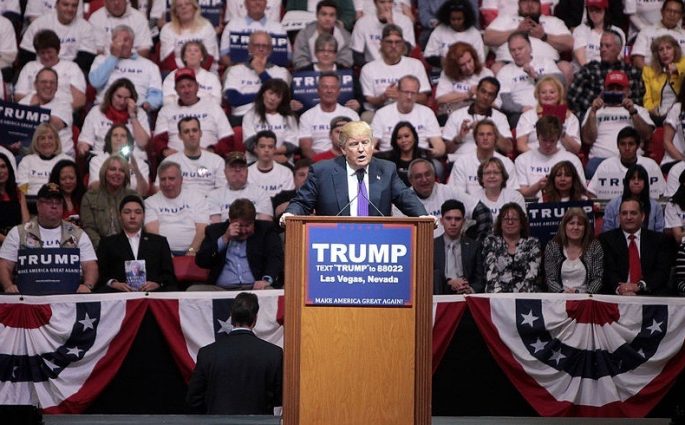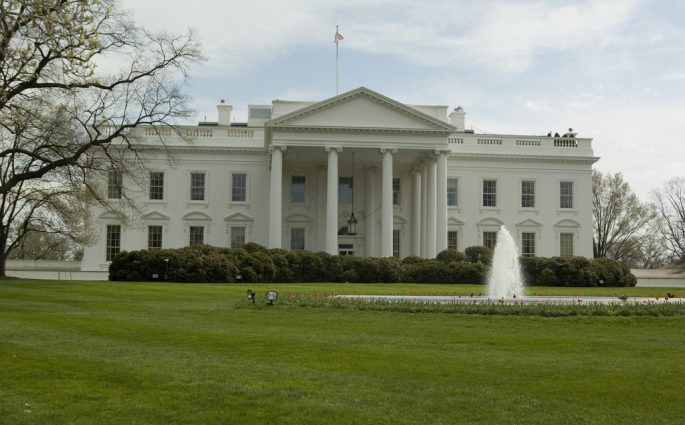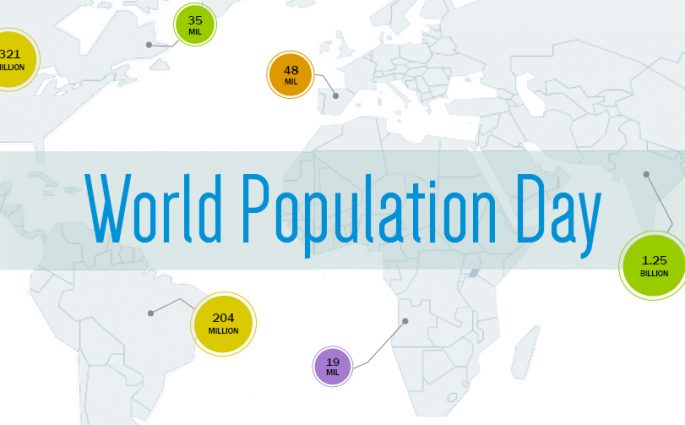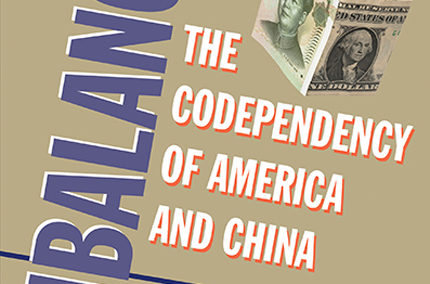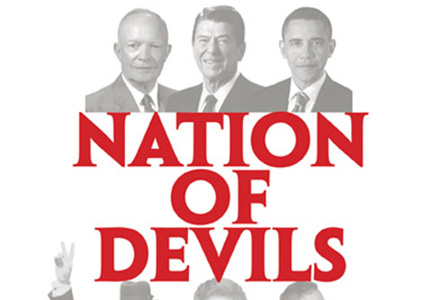Political Tribalism: The Art of Divide and Rule
Michelle Baddeley— How did Donald Trump manage to become president? If we look to psychology for an explanation, we can understand Trump as the populist leader of a modern-day tribe of voters. These voters define themselves according to a specific set of attitudes. On social media, they have a level

